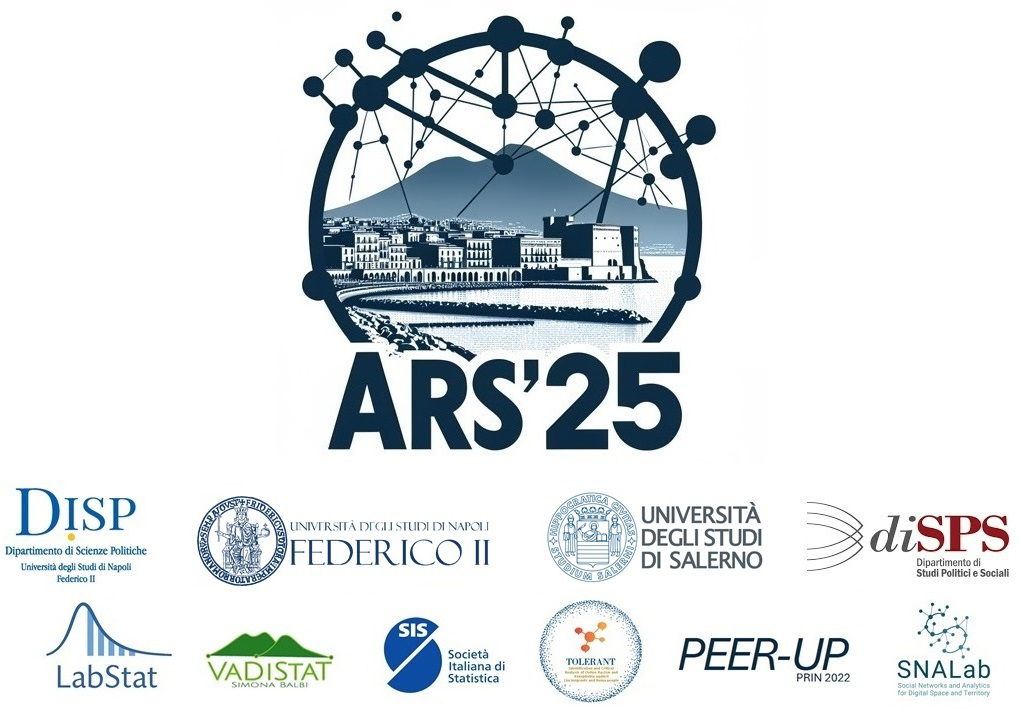Speaker
Description
In the age of hyperconnectivity, digital environments increasingly influence emotional states specifically social media platforms consuming algorithmic curation for maximizing user engagement. This paper presents the notion of the Digital Mood Swing a concept characterizing sudden, often unforeseen changes in emotional well-being because of digital interaction. Based on interdisciplinary insights from psychology, data science, and media studies, we discuss how content exposure, notification design, feedback loops (likes, shares, comments), and algorithmic biases trigger sudden emotional swings from elation to anxiety or despair. By means of qualitative interviews and quantitative user behaviour analysis, we identify patterns between screen time, content type, and platform features and mood volatility. For mental health, especially for vulnerable populations and adolescents, the paper also suggests ideas then offers plans to intervene and policies to recommend for digital well-being and lessened emotional manipulation. This work ultimately calls for a deeper awareness of the psychological architecture of digital platforms as well as the need for more ethically aligned design.
While previous research has emphasized psychological and behavioural impacts of digital consumption, this study uniquely integrates Social Network Analysis (SNA) to investigate how structural relationships within digital networks affect users’ emotional states. Through qualitative interviews and quantitative behavioural data, including relational metrics derived from SNA, we uncover patterns linking user engagement, network structure, and emotional response. This work ultimately calls for a deeper awareness of the psychological architecture of digital platforms as well as the need for more ethically aligned design. Our analysis focuses on how specific relational dynamics, including network centrality, density, and clustering, influence the emotional consequences of online activity. The study highlights heightened susceptibility among adolescents and vulnerable groups, raising ethical concerns about digital emotional manipulation.
Keywords/Topics
Digital mood swing, Emotional regulation, Mental health and technology

